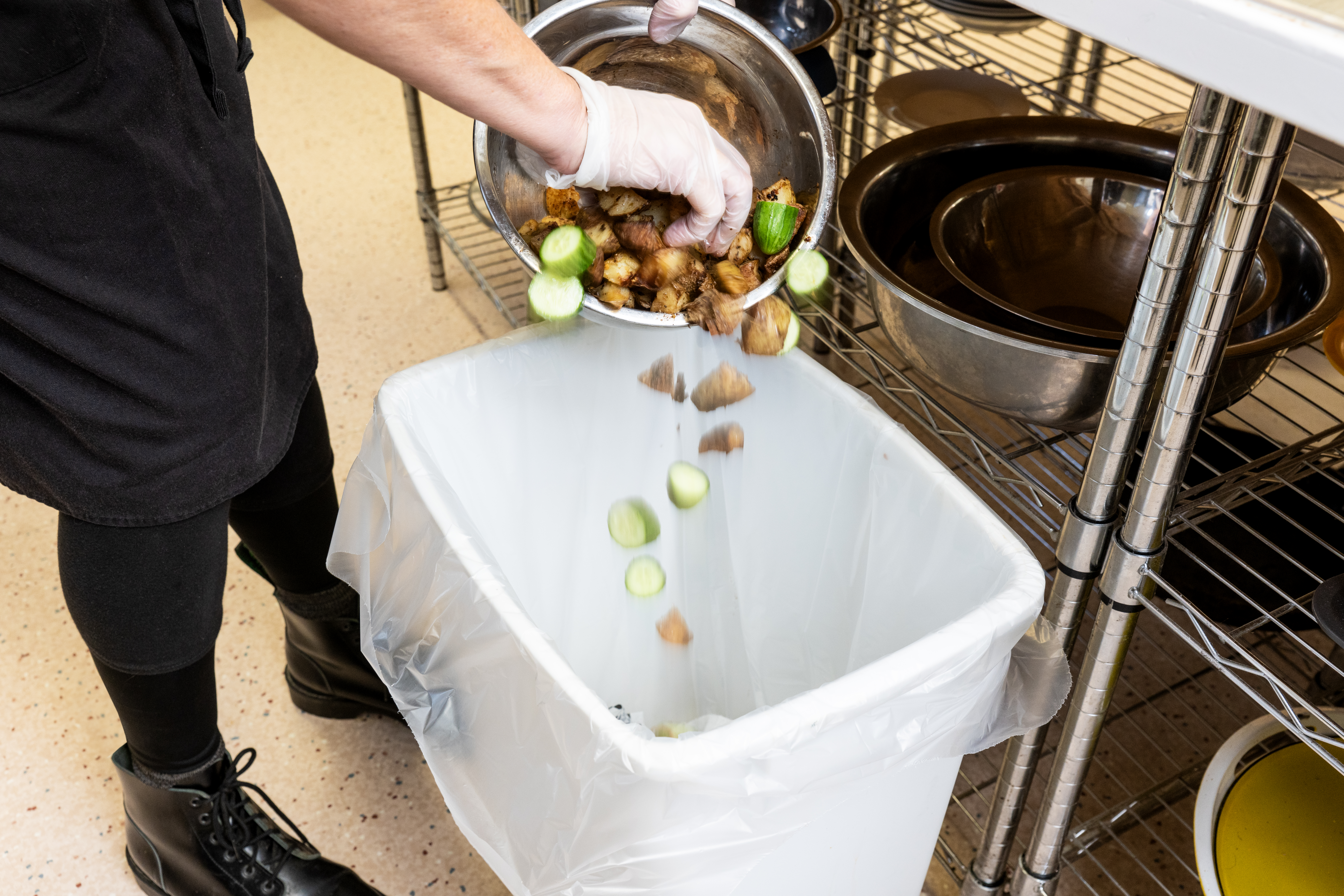Food Waste Recycling Solutions: A Regional Guide
Across the United States, businesses and manufacturers are under increasing pressure to manage food waste in a responsible, cost-effective way. From production facilities to distribution centers, large-scale operations often generate materials that require specialized handling. Industrial food waste recycling programs address these needs while reducing landfill use, lowering costs, and improving environmental outcomes. This guide explores how food waste recycling solutions are applied in different regions—Northeast, Midwest, Mid-South, and Plains—and how companies can choose the right partners for their needs.
Understanding Food Waste Recycling at an Industrial Scale
Unlike household programs, food waste disposal companies serving industrial clients work with high volumes of organic material. These services often involve advanced equipment, strict compliance with regulations, and targeted strategies for maximizing material recovery.
A critical part of this process is food waste depackaging, which separates edible or compostable contents from their packaging. This ensures both materials can be recycled and processed efficiently. In many facilities, this step requires a waste depackaging machine to handle the volume and variety of products generated.
For further reading, the EPA has recently updated its Wasted Food Scale to help us better understand food waste recycling and better serve you.
The Importance of Packaged Food Waste Management
Packaged food waste can come from production overruns, mislabeling, damaged goods, close dated or expired inventory. Disposing of these products improperly can be costly and harmful to the environment. Before implementing a program, businesses should understand the key benefits of proper packaged waste recycling.
- Reduces landfill volume and associated disposal costs
- Recovers organic material for animal feed, composting or energy production
- Allows packaging materials to be recycled back into manufacturing streams
- Supports compliance with waste diversion mandates in certain states
Regional Approaches to Food Waste Recycling
While the principles of recycling remain consistent, regulations, infrastructure, and market access vary by region. Knowing how these differences affect operations helps companies choose the most effective strategy.
Northeast
States in the Northeast often have strong recycling mandates and a dense network of composting facilities. Businesses here can take advantage of established processing infrastructure, but must also comply with stricter waste diversion and reporting requirements.
Midwest
The Midwest offers a balance between agricultural demand for compost and growing investment in anaerobic digestion technology. Many companies in this region integrate recycling programs with local energy production initiatives.
Mid-South
In the Mid-South, food waste recycling is rapidly expanding. While infrastructure is still developing in some areas, state and local programs increasingly encourage partnerships between industry and processing facilities.
Plains
The Plains region often focuses on large-scale, centralized processing facilities capable of handling high-volume industrial loads. Businesses here benefit from lower transport costs when strategically located near these facilities.
Choosing the Right Food Waste Recycling Partner
Selecting a provider requires careful consideration of both operational needs and regulatory requirements. Before committing to a service, companies should evaluate a few critical factors. When reviewing potential partners, consider the following:
- Experience with high-volume industrial operations
- Access to waste depackaging machines and related technology
- Ability to handle various forms of packaged food waste
- Transparent tracking and reporting capabilities including certificates of destruction
- Compliance with local, state, and federal waste regulations
The Role of Depackaging in Waste Reduction
Depackaging is central to many industrial recycling operations. By separating organic material from its packaging, both can be diverted from landfills and repurposed. For example, contents may be processed into animal feed, compost or renewable energy, while packaging materials are recycled into new products. The efficiency of this process depends on having the right depackaging equipment services in place.
Benefits of Partnering With Food Waste Disposal Companies
Beyond compliance, working with a specialized recycling provider can deliver measurable operational and financial benefits. Advantages include:
- Streamlined waste handling processes
- Reduced landfill tipping fees and associated costs
- Improved sustainability reporting for corporate ESG goals
- Enhanced brand reputation for environmental responsibility
Industrial Food Waste Recycling Across Multiple States
Many large operations span more than one region, requiring a provider with multi-state capabilities. Cumberland Recycling offers industrial solutions for businesses in:
- Arkansas
- Georgia
- Illinois
- Indiana
- Iowa
- Kentucky
- Michigan
- Minnesota
- Virginia
- Missouri
- North Carolina
- Ohio
- Pennsylvania
- South Carolina
- South Dakota
- Tennessee
- Texas
- Wisconsin
Partner With Cumberland Recycling to Recycle Food Waste
Cumberland Recycling delivers efficient, compliant, and cost-effective industrial food waste recycling solutions tailored to your operation’s needs. From packaged food waste recovery to advanced food waste depackaging, our team ensures materials are handled responsibly and sustainably. Contact us today to discuss your regional recycling requirements.

